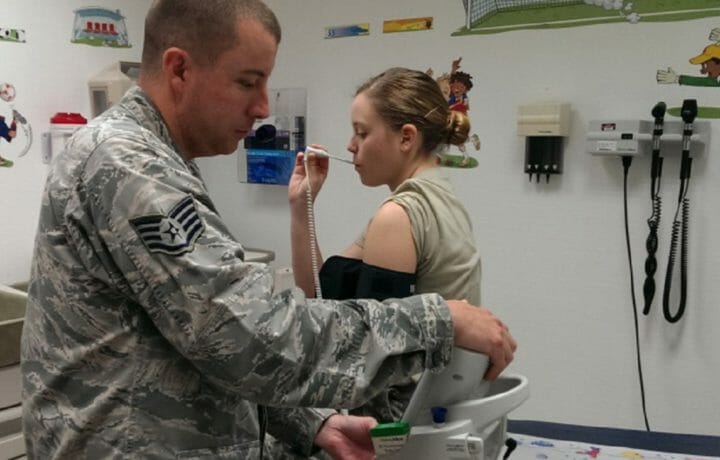The findings of a multi-year study were released to Congress by the National Commission on Military, National and Public Service in March 2020. One of the recommendations in that study was that the U.S. military should develop a national roster of former military personnel with specialized training, experience and clearances that are ready to service their country again in a critical skills role during times of crisis.
Several lawmakers voiced their support of the commission’s finding including, Sen. Jim Inhofe (R-OK), Sen. Jack Reed (D-RI), chairman and ranking member of the Senate Armed Services Committee, respectively; and Rep. Michael Waltz (R-FL), a former Green Beret and colonel in the Army National Guard. Reed told reporters, “These recommendations can serve as a guidepost as we map out what the future of national service should look like.”
In March, a Cyberspace Solarium Commission appointed by Congress proposed a Military Cyber Reserve which would basically be a type of specialized reserve force of cybersecurity professionals (of which some could be non-military) that would be available to the armed forces if needed. Then the pandemic hit and further work on that project was put on the back burner.
Making the Case for a Critical Skills Database
By having a critical skills database, it would be easy to bring up a list of specialized needs, such as those skilled in cybersecurity; or in the current ongoing pandemic, specialized healthcare. By having this information, it would be quicker to contact a group people whose knowledge, skills and abilities are needed quickly for an emerging crisis.
While the Army did send out a call in late March 2020 asking for volunteers skilled in one of the eight healthcare specialties that are in high demand for the pandemic, it would have been a quicker response to contact those individuals directly instead of sending out the call and waiting for them to respond back.
In the proposal, the Critical Skills IRR would look similar to the traditional IRR now in place in that members would be in a non-drilling status but one difference would include being contacted annually to update their information and willingness for call-up in their skill should such a need arise.
Surprisingly, a critical skills IRR is not a new idea. Back in the World War II-era, there was a Roster of Scientific and Specialized Personnel that was intended to help planners at the national level assess human resources and capabilities. A new Critical Skills IRR would essentially provide a capability similar, but with 21st century speed of response.
Dr. Jacquelyn Schneider, a Hoover Fellow at Stanford’s Hoover Institute and a non-resident fellow at the Naval War College, said about creating a Critical Skills IRR, “The military would need to create thoughtful personnel policy, with the right incentives, term lengths and flexibility to make sense for the people on the roster and short enough activation timelines to make them useful in a crisis. Different skill sets may even need different models and frameworks. But if executed well, she added, this IRR could provide significant value to the military.”
“You can imagine if we had a pandemic where we were low on people able to fly,” she said. “If you had people in this IRR, you could identify, ‘Oh, this person’s an airline pilot,’ and you could probably spin them up really quickly to fly these airframes.”
As we soon found out, we didn’t have to imagine anything – the coronavirus pandemic was upon us and we had an immediate need for those skilled in healthcare, but no fast way to contact them. It cost us precious time when we didn’t have time to spare.



